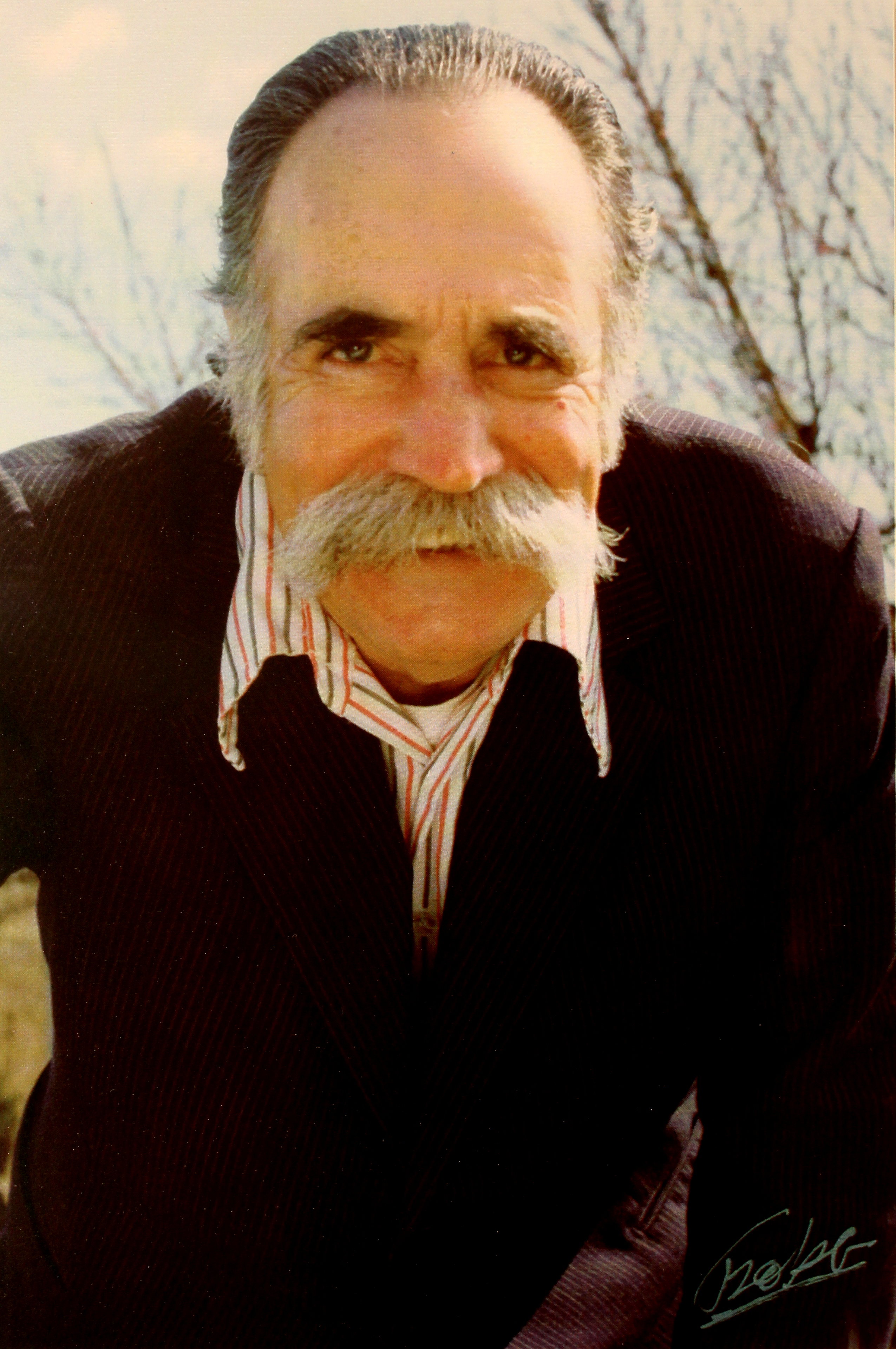“My superficial manners stink and my profound manners are almost as bad.”
My Heart's in the Highlands (1939)
William Saroyan foi um escritor e dramaturgo dos Estados Unidos de ascendência armênia.

“My superficial manners stink and my profound manners are almost as bad.”
My Heart's in the Highlands (1939)
The Daring Young Man on the Flying Trapeze (1934), A Cold Day
“A man's ethnic identity has more to do with a personal awareness than with geography.”
"The Armenian and the Armenian".
Inhale and Exhale (1936)
“All great art has madness, and quite a lot of bad art has it, too.”
My Heart's in the Highlands (1939)
“This is what drives a young writer out of his head, this feeling that nothing is being said.”
Seventy Thousand Assyrians (1934)
The Bicycle Rider In Beverly Hills (1952)
On Armenian poet Yegishe Charentz, whom Saroyan met in Moscow in June, 1935.
I Used to Believe I Had Forever — Now I'm Not So Sure (1968)
“I have made a fiasco of my life, but I have had the right material to work with.”
My Heart's in the Highlands (1939)
“I loved the theaters, and even though I was hungry, I never spent money for food.”
The Bicycle Rider In Beverly Hills (1952)
“There was a touch of anxiety in the whole human race about its future.”
First Visit to Armenia (1935)
Inhale and Exhale (1936), Antranik and the Spirit of Armenia
Hello Out There (1941)
The Assyrians (1950)
The Daring Young Man on the Flying Trapeze (1934), A Cold Day
Inhale and Exhale (1936), Antranik and the Spirit of Armenia
“Art is what is irresistible.”
Statement to William Bolcom, quoted in "The End of the Mannerist Century" (2004) by William Bolcom, in The Pleasure of Modernist Music edited by Arved Ashby ISBN 1580461433
Sons Come and Go, Mothers Hang in Forever (1976)
“The purpose of my life is to put off dying as long as possible.”
My Heart's in the Highlands (1939)
“It seemed to me that I had no right to burn a book I hadn't even read.”
The Daring Young Man on the Flying Trapeze (1934), A Cold Day
“Their singing wasn't particularly good, but the feeling with which they sang was not bad at all.”
The Human Comedy (1943)